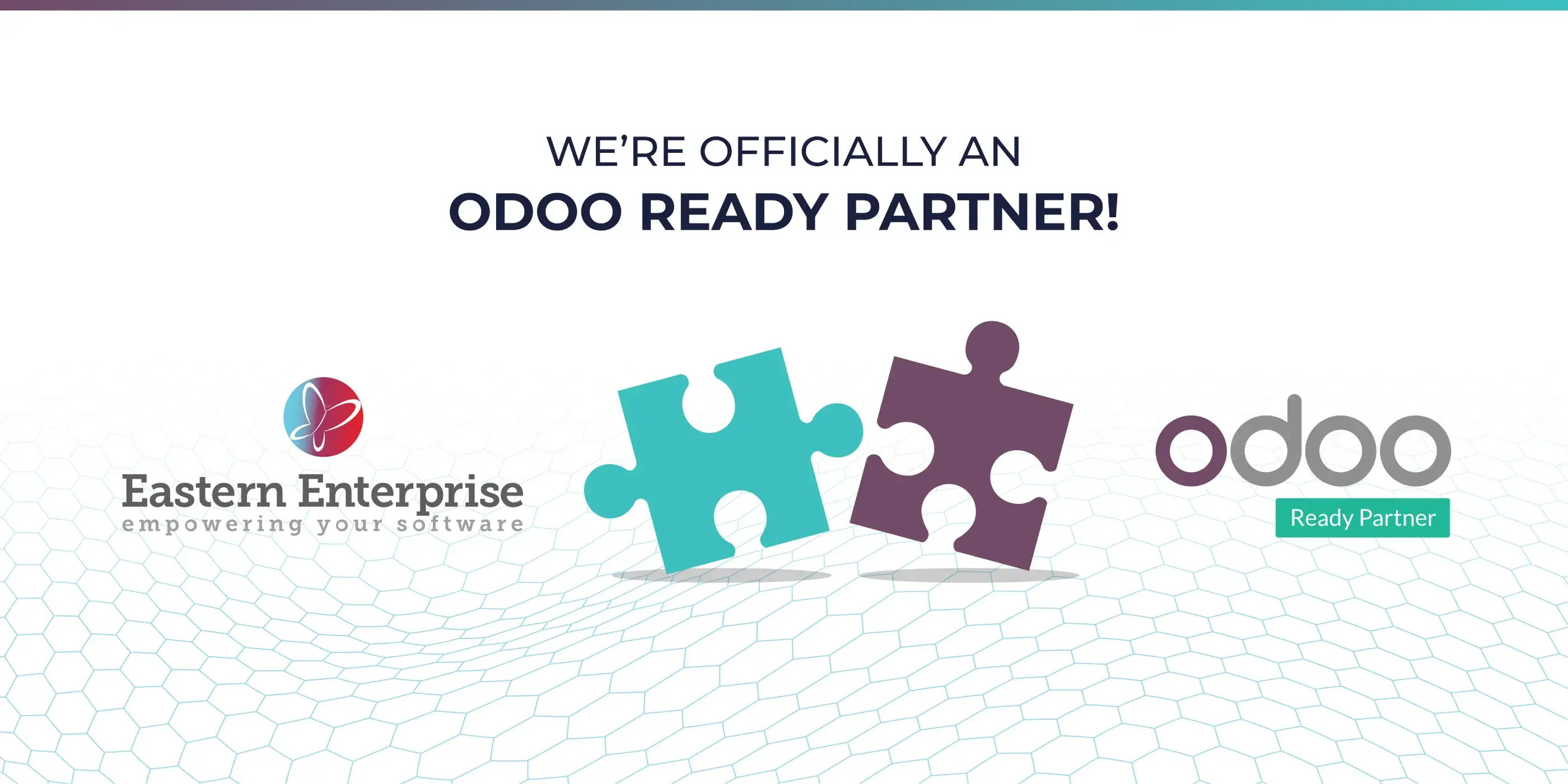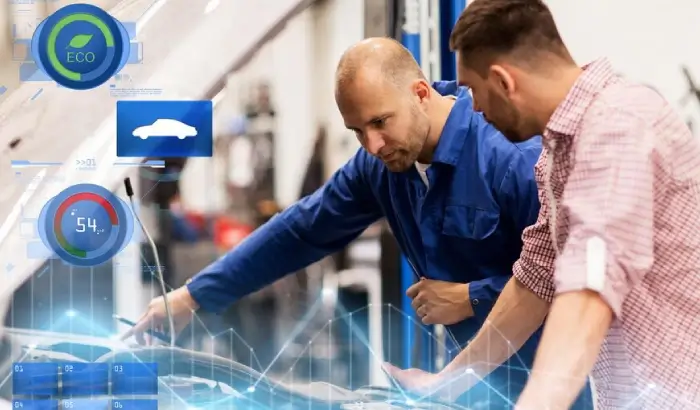

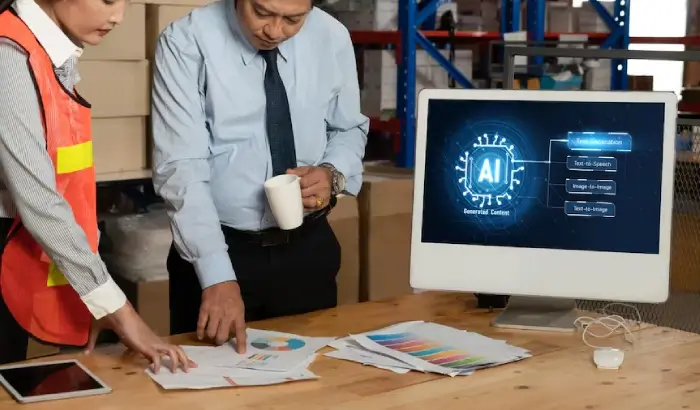
Digital twins stellen bedrijven in staat om meerdere ontwerpiteraties te simuleren en te testen in een virtuele omgeving, waardoor er geen fysieke prototypes meer nodig zijn. Omstandigheden uit de echte wereld, zoals stress, hitte of belastingsscenario's, kunnen worden nagebootst om mogelijke fouten vroeg in het proces te identificeren.
Op maat gemaakte digital twin-platforms integreren AI om ontwerpverbeteringen aan te bevelen op basis van prestatiecijfers, materiaalkosten of duurzaamheidsdoelen, zodat datagestuurde besluitvorming gegarandeerd is.
Tailored digital platforms provide a centralized space for distributed teams to access and modify designs in real-time, reducing miscommunication and ensuring consistency throughout the project.
Technologies like augmented reality (AR) can be paired with digital twins, allowing designers to visualize changes in a 3D space, enhancing clarity and precision during design discussions.


IoT-Integrated Monitoring Systems: Custom systems collect real-time data from production lines, enabling dynamic adjustments and efficiency improvements.
Adaptive Production Models: Use tailored simulations to test alternative production workflows and resource allocation scenarios without disrupting ongoing operations.
Predictive Analytics: Incorporate machine learning algorithms to analyze historical and real-time data for predicting potential machinery breakdowns.

Material Usage Optimization Models: Tailored algorithms analyze resource consumption to minimize waste during manufacturing.
Carbon Footprint Analytics: Advanced simulations calculate the environmental impact of products across their lifecycle, enabling businesses to identify and mitigate high-impact areas.
End-of-Life Component Tracking: Digital twins maintain a record of a product’s components and materials, facilitating efficient recycling and disposal practices.


Dynamic Usage Analytics Models: Analyze how customers interact with products to identify trends and areas for improvement.
Proactive Maintenance Systems: Monitor wear and tear in real time, enabling businesses to address potential issues before they affect performance.
Feedback Integration Platforms: Custom systems integrate customer feedback directly into the digital twin, allowing iterative improvements to future product iterations.

AI-Driven Predictive Models: Digital twins integrated with AI will enable more precise simulations, enhancing decision-making across the lifecycle.
IoT-Enhanced Connectivity: The growing network of IoT devices will make digital twins more responsive, enabling instantaneous updates and insights.
Blockchain for Lifecycle Transparency: Blockchain integration will ensure secure, transparent records of every product’s lifecycle, enhancing traceability and trust.
Cloud-Enabled PLM Systems: Tailored cloud solutions will offer scalable, cost-effective digital twin platforms, making them accessible to organizations of all sizes.


Digital twins enable businesses to simulate and test multiple design iterations in a virtual environment, eliminating the need for physical prototypes. Real-world conditions, such as stress, heat, or load scenarios, can be replicated to identify potential flaws early in the process.
Custom digital twin platforms integrate AI to recommend design improvements based on performance metrics, material costs, or sustainability goals, ensuring data-driven decision-making.
Tailored digital platforms provide a centralized space for distributed teams to access and modify designs in real-time, reducing miscommunication and ensuring consistency throughout the project.
Technologies like augmented reality (AR) can be paired with digital twins, allowing designers to visualize changes in a 3D space, enhancing clarity and precision during design discussions.
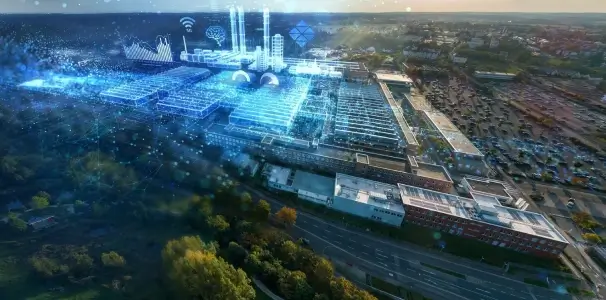
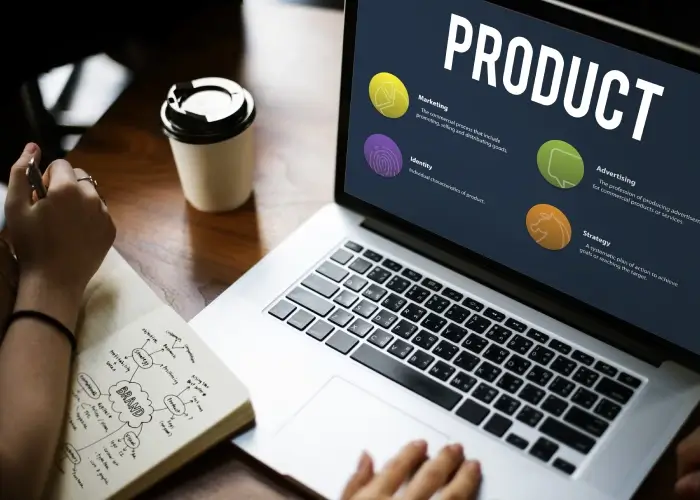
| Cookie | Duur | Beschrijving |
|---|---|---|
| bekeken_cookie_beleid | De cookie wordt ingesteld door de GDPR Cookie Consent plugin en wordt gebruikt om op te slaan of de gebruiker al dan niet heeft ingestemd met het gebruik van cookies. Het slaat geen persoonlijke gegevens op. | |
| cookielawinfo-checkbox-analytics | Deze cookie wordt ingesteld door de GDPR Cookie Consent plugin. De cookie wordt gebruikt om de toestemming van de gebruiker voor de cookies in de categorie "Analytics" op te slaan. | |
| cookielawinfo-checkbox-anders | Deze cookie wordt ingesteld door de GDPR Cookie Consent plugin. De cookie wordt gebruikt om de toestemming van de gebruiker op te slaan voor de cookies in de categorie "Andere. | |
| cookielawinfo-checkbox-functioneel | De cookie wordt ingesteld door GDPR cookie toestemming om de toestemming van de gebruiker voor de cookies in de categorie "Functioneel" vast te leggen. | |
| cookielawinfo-checkbox-nodig | Deze cookie wordt ingesteld door de GDPR Cookie Consent plugin. De cookies worden gebruikt om de toestemming van de gebruiker voor de cookies in de categorie "Noodzakelijk" op te slaan. | |
| cookielawinfo-checkbox-performance | Deze cookie wordt ingesteld door de GDPR Cookie Consent plugin. De cookie wordt gebruikt om de toestemming van de gebruiker op te slaan voor de cookies in de categorie "Prestaties". |
